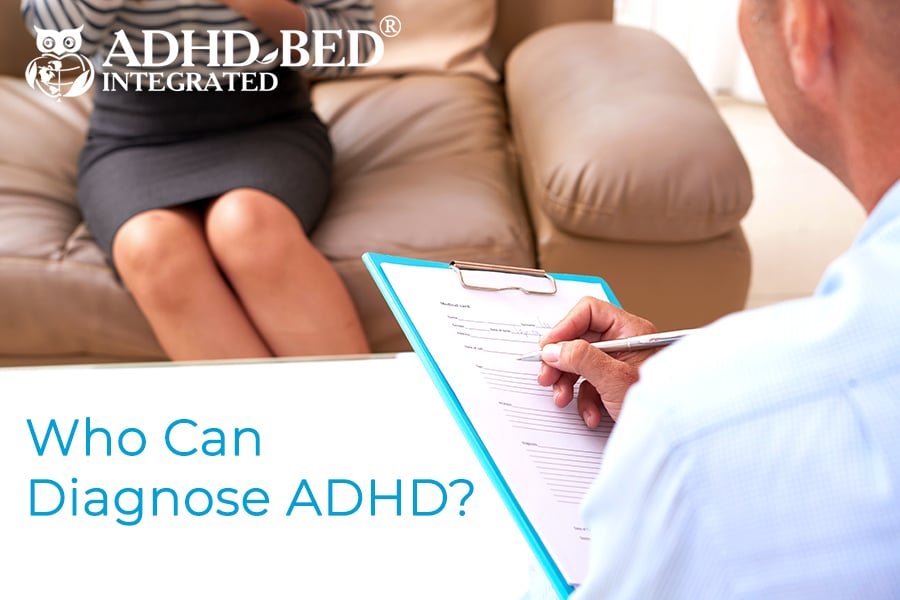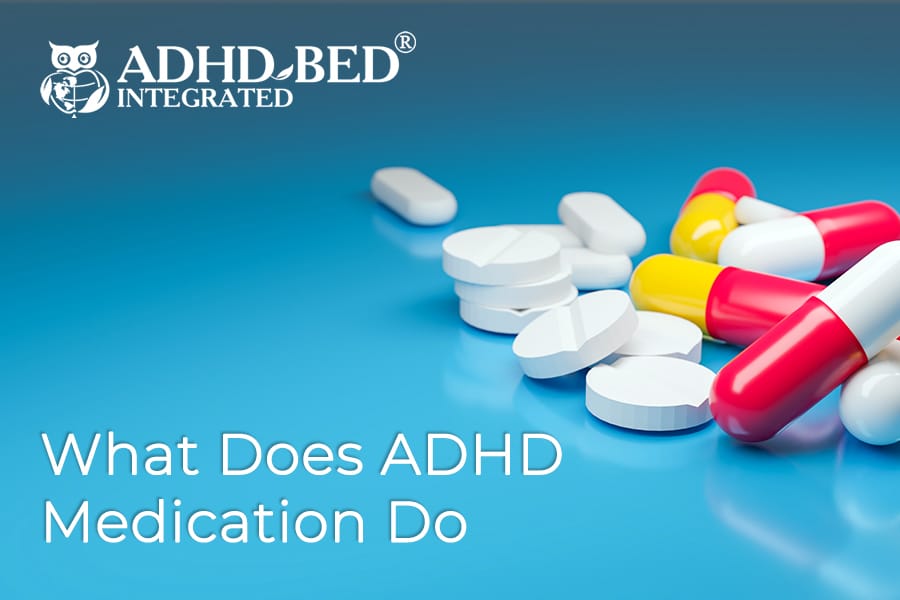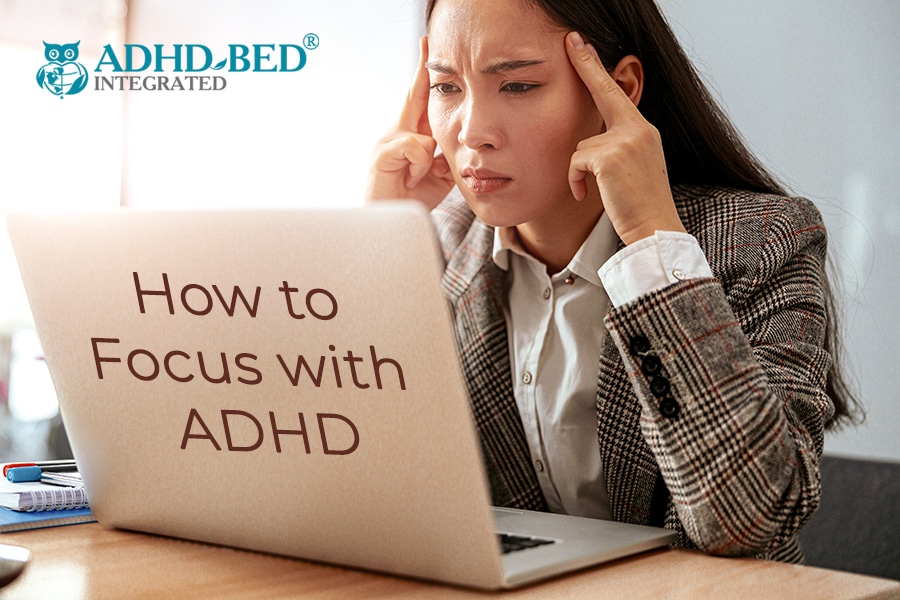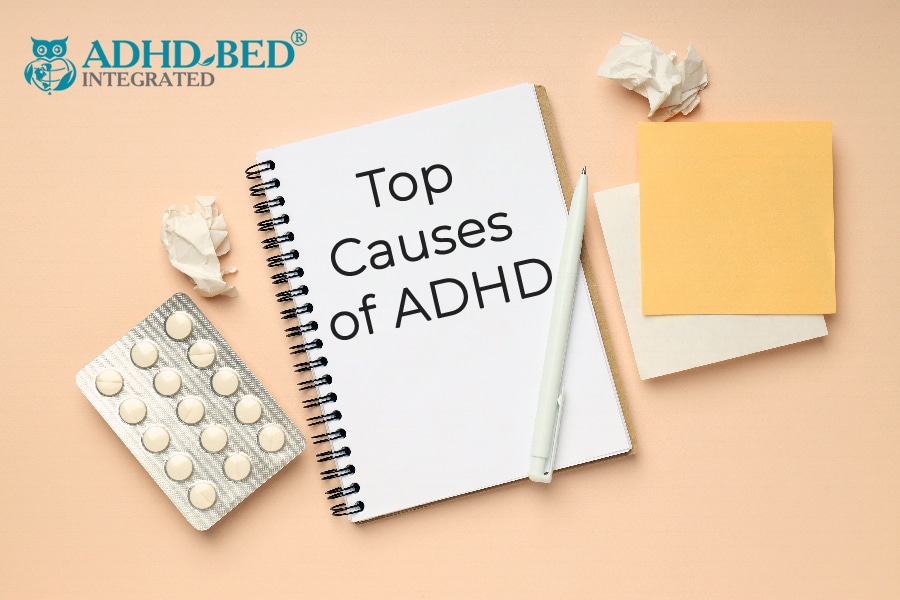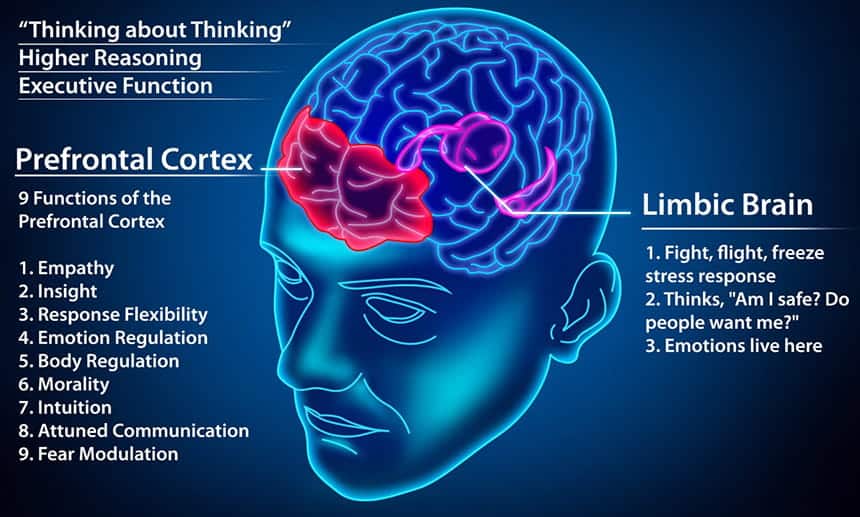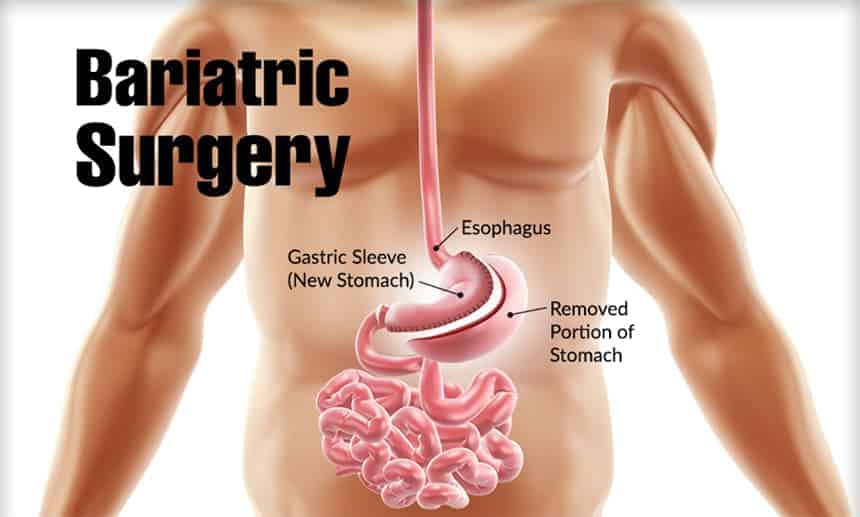Introduction Attention Deficit Hyperactivity Disorder (ADHD) is the most common neurodevelopmental disorder, manifesting in symptoms of inattention, hyperactivity or impulsivity. It is a disorder which begins in childhood, and may persist into adulthood if undiagnosed or untreated. ADHD often goes …
Write to us
[email protected]
If you are a registered patient, please, contact by email or phone number provided by Intake nurse or Care GP team.
GP REFERRALS: email the referral to [email protected] ; fax: +61 3 8395 0030 | Processing time - 24 hours
Introduction Attention Deficit Hyperactivity Disorder (ADHD) is the most common childhood neurodevelopmental disorder in the world. It is characterised by symptoms of inattention, hyperactivity and/or impulsivity, and can often prolong from childhood into adulthood. There are many options that patients …
Entering the world of eating to live and not vice versa: healthy choices that lead to a better life All the humans in the world must eat to live and be healthy. However, still there are lots of questions pertaining …
Introduction to How to Focus Better with ADHD Attention Deficit Hyperactivity Disorder (ADHD) is the most common neurodevelopmental disorder, characterised by deficits of inattention, hyperactivity and impulsivity. ADHD typically begins in childhood and may become a long-term condition persisting into …
Introduction Attention Deficit Hyperactivity Disorder (ADHD) is the most common neurodevelopmental disorder, manifesting in symptoms of inattention, hyperactivity or impulsivity. It is a disorder which begins in childhood, and may persist into adulthood if undiagnosed or untreated. ADHD often goes …
What is ADHD? ADHD, which stands for Attention Deficit Hyperactive Disorder, is the most common childhood developmental disorder, affecting around 5% of the Australian population. Characterized by inattentive, hyperactive and impulsive behaviour, ADHD can be diagnosed in children as young …
What is Attention Deficit Hyperactivity Disorder? ADHD is the most common childhood developmental disorder, affecting around 5% of Australians. Characterized by inattentive, hyperactive and impulsive behaviour, ADHD can be diagnosed in children as young as 6 years old. Because ADHD …
Neurobiology of Binge-Eating Disorder (BED) is linked to changes in neurotransmitter networks, including dopaminergic and opioidergic systems, associated with binge-eating behaviours. Similarly to other impulse control disorders with compulsive behaviours, BED is thought to be related to maladaptation of the …
Sustained weight-maintaining effects after bariatric surgeries are questioned. Substantial weight regain 3 years post-bariatric surgery is affecting approximately 80% of patients. Some of the identified factors include undiagnosed or under-treated binge-eating and other eating disorders, minimal lifestyle changes after the …
Prevalence of insomnia in the general population ranges between 31 and 56%, whilst insomnia affects 43 to 80% of adults with Attention Deficit Hyperactivity Disorder (ADHD). Both conditions produce complications to the person’s mental and physical health. Therefore people with …
